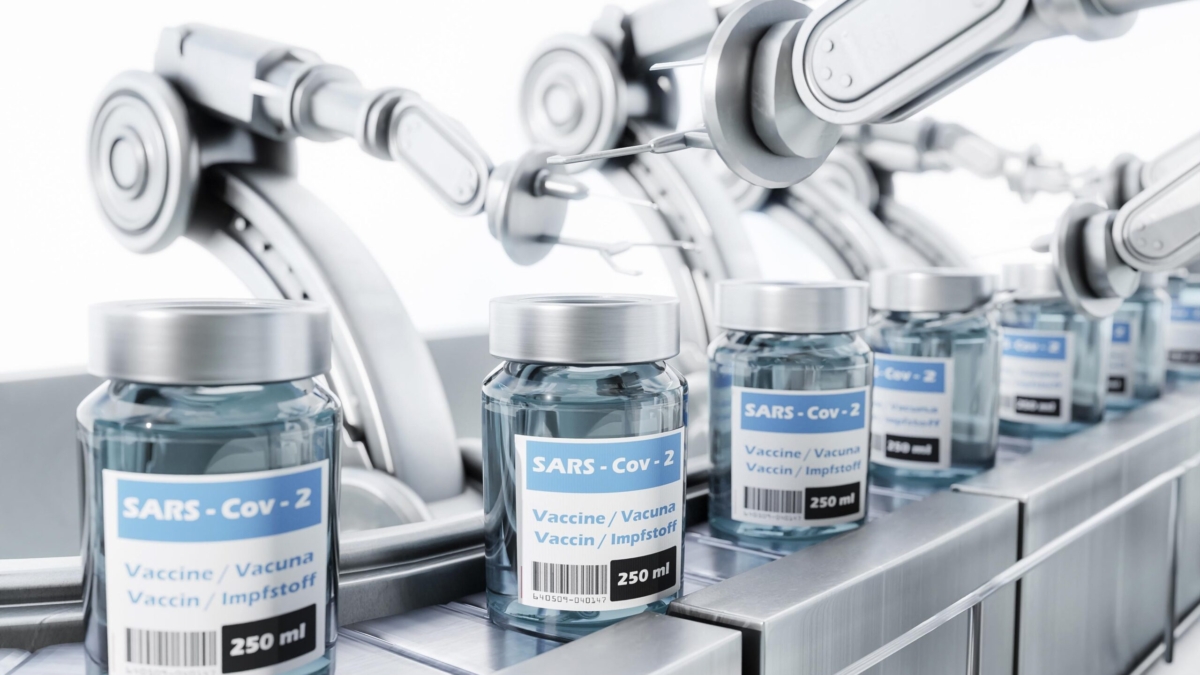The manufacturing industry is undergoing a profound transformation, driven by the integration of advanced technologies such as the Internet of Things (IoT), artificial intelligence (AI), and automation. At the heart of this transformation lies the concept of Smart Factories—facilities that utilize these technologies to enhance production processes, optimize resource management, and improve overall efficiency. In this digital age, SAP (Systems, Applications, and Products in Data Processing) plays a pivotal role in enabling smart factories by providing powerful solutions that drive automation, streamline workflows, and enhance decision-making.
- Automation and SAP S/4HANA
One of the primary enablers of a Smart Factory is automation, and SAP S/4HANA is at the forefront of this shift. As a next-generation enterprise resource planning (ERP) system, SAP S/4HANA combines transactional and analytical data in real-time to provide a single, integrated platform for managing business operations. The system enables manufacturers to automate various aspects of their operations, such as production scheduling, material management, and order processing.
For instance, production lines can be connected to SAP systems to automatically track inventory levels, adjust production schedules based on demand, and manage supply chain processes seamlessly. This level of automation reduces human intervention, minimizes errors, and speeds up the entire manufacturing process, leading to increased efficiency and reduced operational costs.
- SAP Manufacturing Integration and Intelligence (MII)
SAP Manufacturing Integration and Intelligence (MII) is another powerful tool that bridges the gap between the shop floor and enterprise systems, enabling real-time visibility and control over manufacturing processes. MII allows manufacturers to monitor and analyze data from various sensors, machines, and equipment on the production line, providing actionable insights that drive informed decision-making.
By integrating this data with SAP’s broader ERP system, manufacturers can identify bottlenecks, detect anomalies, and predict equipment failures before they occur, reducing downtime and optimizing maintenance schedules. This proactive approach not only enhances operational efficiency but also ensures higher product quality and compliance with industry standards.
- Internet of Things (IoT) and SAP Leonardo
IoT is a cornerstone of Smart Factories, enabling machines and devices to communicate and collaborate with each other to optimize production. SAP Leonardo, SAP’s digital innovation system, brings IoT capabilities into the manufacturing environment by connecting devices to SAP systems and leveraging data from these devices for improved operations.
For example, IoT sensors installed on machines can collect real-time data on temperature, pressure, and other critical parameters. This data is then sent to SAP Leonardo for analysis, where AI and machine learning algorithms can predict machine failures or suggest adjustments to optimize performance. These insights can then trigger automated processes within the factory to adjust operations in real-time, ensuring continuous production without interruption.
- AI and Machine Learning for Predictive Analytics
AI and machine learning (ML) are increasingly becoming integral to the manufacturing process. SAP leverages these technologies to predict outcomes, automate decision-making, and continuously optimize operations. For instance, SAP’s AI-powered tools can analyze large datasets from production lines, supply chains, and maintenance logs to predict potential disruptions or inefficiencies.
Machine learning algorithms can predict demand patterns, optimize resource allocation, and recommend improvements to manufacturing processes. These tools enable manufacturers to make data-driven decisions, reduce waste, and improve production accuracy. By utilizing AI and ML within SAP, manufacturers can achieve a high level of operational agility and precision that drives the Smart Factory vision forward.
- Supply Chain Optimization with SAP Integrated Business Planning (IBP)
A smart factory relies heavily on a well-optimized supply chain, and SAP supply chain management solutions like SAP Integrated Business Planning (IBP) play a critical role in managing this complex aspect of manufacturing. By providing real-time visibility into the entire supply chain, SAP and supply chain management solutions enable manufacturers to better forecast demand, optimize inventory levels, and improve procurement strategies.
With integrated planning and execution capabilities, SAP IBP allows manufacturers to automate the flow of materials and products, ensuring that production lines are never halted due to supply shortages. The system also enhances collaboration between different departments and external suppliers, ensuring a more synchronized and responsive SAP supply chain management approach.
Conclusion
As manufacturers strive to adopt smart factory principles, SAP plays a critical role in driving automation, enhancing data connectivity, and enabling advanced analytics. Through solutions like SAP S/4HANA, MII, Leonardo, and IBP, SAP empowers manufacturers to integrate automation into their production processes, optimize supply chains, and leverage IoT and AI for improved decision-making. By embracing these technologies, manufacturers can transform their operations, improve productivity, and stay competitive in an increasingly digital and automated industry.

